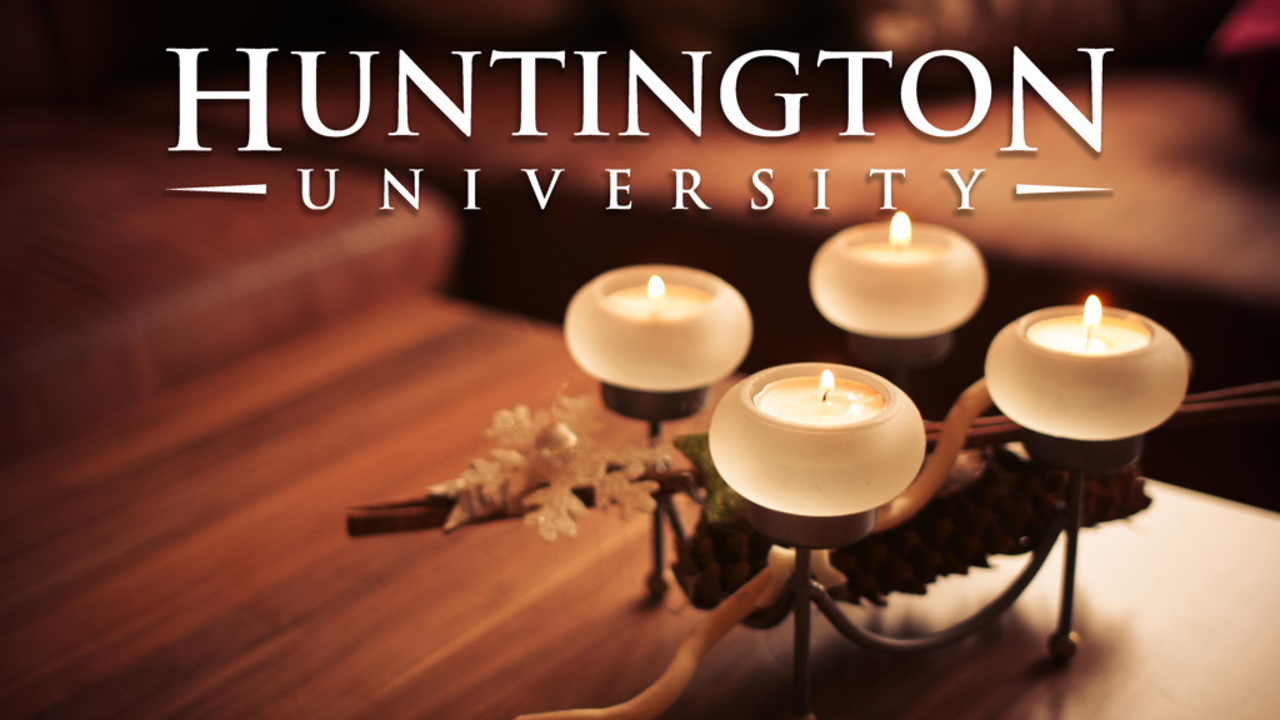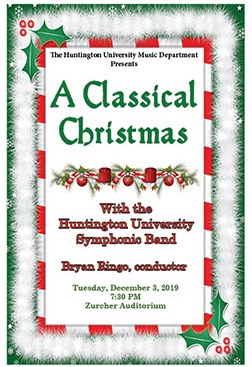
Advent Devotional – Hope
Week One: Hope
Zen Hess (2013)
Take this moment, since you’re already distracted from whatever work you were doing before you opened this e-mail, and take a deep breath. Close your eyes as you let your mind wonder along with this question: What is hope?
I suspect, for many of us, when we think about hope, we think of it as smaller than it is. Perhaps we think of it in terms of a wish for the future. Then hope really doesn’t do much of consequence for us right now, does it? Others of us may think of hope as an attitude, a positive outlook on life. Then hope isn’t really anything but a frame of mind, is it? Still others of us may insist that hope is a reasonable optimism about the future based on something that has already happened. Then hope is speculative, since causes don’t always lead to predictable effects.
None of these ways of talking about hope are wrong per se. They are simply incomplete. But even if we add them all together, we still don’t have hope as it is understood in the Christian tradition. We are missing the most important piece, the spark that truly sets hope ablaze.
Having been told she will be with child, Mary asks the Archangel Gabriel a reasonable question, “How will this be, since I am a virgin?” Gabriel concludes his answer with this stunning confession: “For with God nothing will be impossible.” This is the foundation of Christian hope. Hope is not simply a wish for the future, a positive mindset, or a reasonable optimism based on the past. All of these root hope in our experience of the world. But true hope is the conviction that God is breaking into our experience, and filling it with impossible possibilities.
And if this is hard to understand, maybe it is better simply to follow this aspect of hope to its source. We confess that Jesus is the Christ, very God of very God. And yet we confess that Jesus is the son of Mary, a human being. Martin Luther writes in a hymn somewhere that “the one whom the whole circle of the world never encompassed, lies in Mary’s womb.” It is impossible for God to be God and to be human, fully one and fully the other. No similar confession exists, so far as I am aware, except in Christianity. Follow the story and you find another impossibility, according to most faiths: God dies. And then another. The God who died is raised from the dead.
Whatever Christian hope is, it is born out of these impossibilities being made possible by God’s love. Christ’s birth, death, and resurrection are past events that change our perspective about the present and give us a wish for the future. This, I think, is letting hope be as big as it truly is. Close your eyes again. Let hope take you over.
Tuesday
Read Luke 1-2. How does what is promised to Mary, the impossible possibility, lead her to respond?
Wednesday
Theologian Miroslav Volf explains that adventus “is the future that comes not from the realm of what is or what was, but from the realm of what is not yet, ‘from outside,’ from God.” How does it help to think of Advent as a hope from the past (Christ’s first coming) and the future (Christ’s second coming)?
Thursday
Hope plays a central role in Romans 8. Read that chapter and try to wrestle with Paul’s use of the word. How does this way of viewing hope make hope more meaningful in the darker seasons of life?
Friday
What other definitions might you give for hope? Or what other angles may help us to grasp it more fully?
